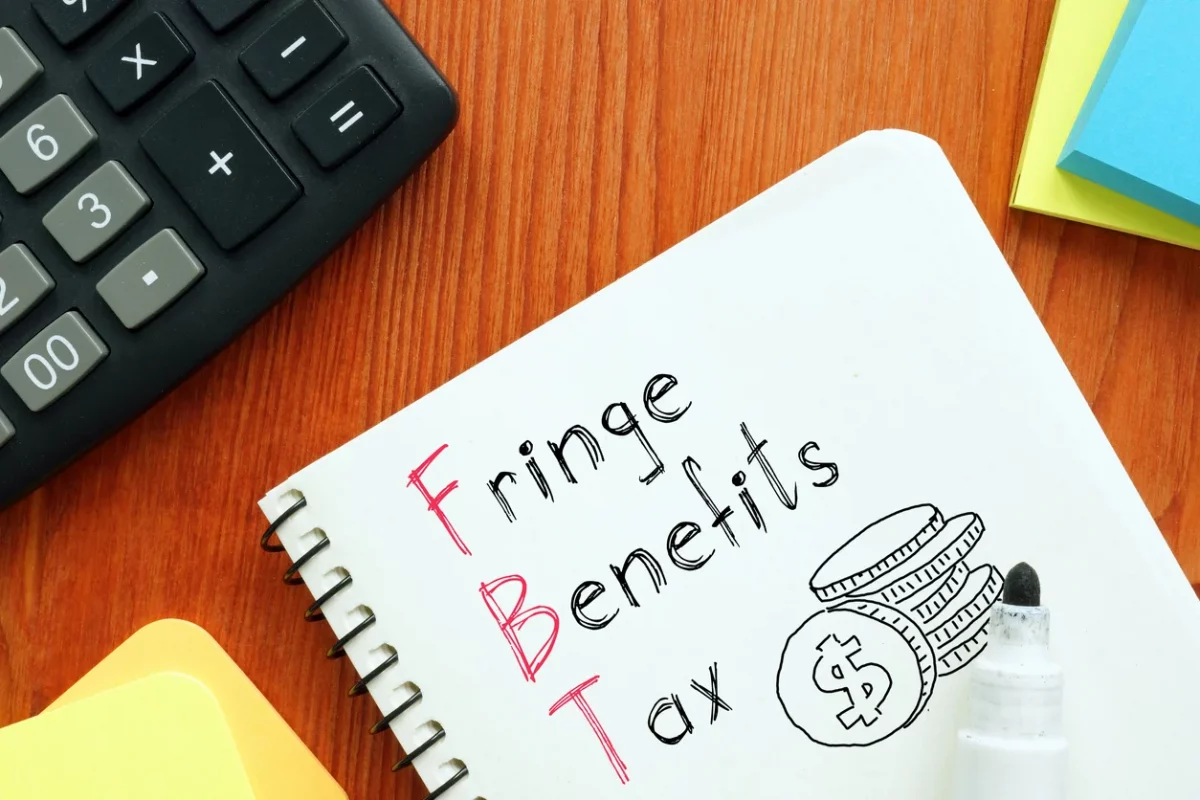联邦政府已提出一项新措施,可能会影响养老金余额较大的个人。这项被称为 Division 296 养老金税的提案,拟对总养老金余额(TSB)在相关收入年度的6月30日超过300万澳元的个人,就其超额部分养老金收益征收额外15%的税。
该提案尚未立法,但政府计划自2025年7月1日起实施,预计首批 Division 296 税务评估将在2026年6月30日后发出。该提案仍需通过联邦议会的两院审议,最终立法可能会有所修订。
Division 296 如何运作?
若立法按现行提案通过,Division 296 养老金税的运作方式如下:
- 如果在某一财年的6月30日,您的总养老金余额(TSB)超过300万澳元,则超出部分的养老金年度收益将额外征收15%税。
- 该税款由个人缴纳,而非养老金基金缴纳,可从您的养老金账户或个人资金中支付。
- 适用的养老金收益按全年总养老金余额的净增额计算,并对某些缴款和提取金额进行调整。
Division 296 不适用于以下情况:
- 儿童领取养老金收入流;
- 结构性和解款项(如人身伤害赔偿);
- 已故成员的账户。
需要注意的是,TSB 包含所有养老金余额——包括 APRA 监管的养老金基金、自管养老金基金(SMSF)及按年评估的固定福利计划养老金。
如果拟议的起始日期 2025年7月1日不变,则首次测试日为 2026年6月30日。您在该日(及之后每年的6月30日)的 TSB 将决定是否适用 Division 296。只有在财年末 TSB 超过 300 万澳元的个人才需缴纳此额外税款。
实际案例
- Tom 在 6 月 30 日的养老金余额为 500 万澳元,该年度基金收益为 15 万澳元。其余额中超过 300 万澳元部分占 40% (200 万澳元/500 万澳元):
应税收益:$150,000 × 40% = $60,000
Division 296 税:$60,000 × 15% = $9,000
- Darren 在 6 月 30 日前提取了 $100,000,使余额降至 300 万澳元以下,因此当年无需缴纳 Division 296 税。
- Natalie 继承了一笔身故抚恤金,使余额从 250 万澳元增至 350 万澳元。虽然继承金额本身不征税,但超出余额部分的投资收益可能触发 Division 296 税。
务实建议
如果该措施最终成为法律,现在就是开始准备的好时机。我们建议:
- 审核养老金基金的流动性与现金流,以规划未来潜在税务责任;
- 特别是对于 SMSF,要确保资产估值准确、最新;
- 持续监控所有养老金账户的合并余额;
- 提前规划可能影响年终 TSB 的大额缴款或提取;
- 妥善记录资产估值,以备查账和审计。
需要帮助?
尽管 Division 296 养老金税仍需立法批准,但提前评估潜在影响十分重要。如您对养老金策略有任何疑问,或希望针对该提案讨论您的应对方案,请随时与我们联系。我们将协助您清晰、自信地应对这项变动。
皮特马丁会计师事务所 Pitt Martin Group 是一家提供税务,会计,生意咨询, 自管养老金及审计的贷款等综合性服务的经澳洲会计师公会认证的注册会计师事务所。我们每年会花上几百个小时去研究新的税法,以保证我们的客户可以最大化合理避税。我们的中文联系方式是 Robert Liu +61292213345 或邮件 info@pittmartingroup.com.au。皮特马丁会计师事务所Pitt Martin Group坐落在交通便利的悉尼市市中心,是一家拥有可以说中文合伙人的会计师事务所。我们的荣誉包括2018年CPA新州首席优秀奖, 2020年澳大利亚小生意年度冠军入围奖, 2021年澳洲知名媒体《每日会计师》年度最佳会计师事务所冠军入围奖,2022年最佳会计师事务所新人入围奖和2023香港澳大利亚商业协会最佳积极生意入围奖。
皮特马丁会计师事务所 Pitt Martin Group资质包括超过十五年的从业经验,澳大利亚与新西兰特许会计师协会(CAANZ)会员,澳大利亚注册会计师协会(CPA)执业认证会员,澳大利亚税务注册代理,新州、维州和西澳律师协会信托账户 (Trust Account) 认证审计师,澳大利亚金融贷款经纪人协会(FBAA)执业认证会员,澳大利亚证券及投资委员会注册代理,XERO, QUICKBOOKS, MYOB等会计软件授权单位及认证顾问。
本文内容仅供参考,不构成对任何个人或团体的具体情况而形成建议。任何个人或团体应该在征求专业人士的意见后方可采取行动。由于税法的时效性,我们在发布时已致力于提供及时、准确的信息,但不能保证所称述的内容在今后任然可以适用。转发该文内容请注明出处。
By Robert Liu @ Pitt Martin Tax

Experienced Tax Accountant and Business Advisor with a demonstrated history of working in the accounting industry. Skilled in Tax, Accounting, Business Advisory and SMSF. Strong entrepreneurship professional with qualification Master of Professional Accounting, CPA Public Practice, Registered Tax Agent, Registered ASIC Agent, NSW Law Society External Examiner, Trust Account Auditor and Diploma of Finanical Planning. Specialised in SME, tax planning and international tax, he helped client save ample money and create wealth.










